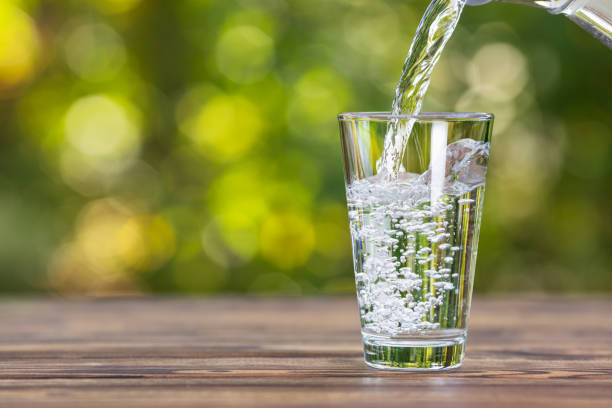Water isn't the best hydration drink, according to the conclusions of a 2016 study published in The American Journal of Clinical Nutrition, at least in terms of long-term physiological fluid balance. The solution, which may surprise you, is milk. Even when the intrinsic water content of the drink is taken into account, both skim and whole milk can be more hydrating than still water.
Hydration is distinguished not only by fluid balance, but also by retention, which indicates that the advantages of the beverage are not lost quickly due to pee. Milk contains nutrients like fat, lactose (or milk sugar), and sodium (or salt) that help it stay in the body longer and provide more hydration. Sodium is the most common electrolyte in the body, according to the Cleveland Clinic. Electrolytes are extremely important in maintaining body fluid balance.
The St. Andrews University School of Medicine in Scotland researchers conducted studies to develop a beverage hydration index. The study comprised over 90 participants, and the hydrating advantages of milk were not the only unexpected finding in the data; orange juice was also found to be hydrating.
Why is proper hydration essential?
Hydration is required for a variety of biological processes. According to the Harvard T.H. Chan School of Public Health, being hydrated helps us feel and think better. Hydration is also necessary for maintaining our body temperature and delivering nutrients to our cells. Water has long been recommended as a hydrating beverage.
There are daily minimums for how much water we should drink to stay hydrated. This is 3.7 litres for men and 2.7 litres for women. However, water is not the only beverage we consume, and other options can also help us stay hydrated. One of the reasons milk and orange juice are so hydrating, according to the Mayo Clinic, is that they are mostly water. In actuality, milk and orange juice are both 90% water.
Not all beverages are as hydrating, despite their high water content. Sugary beverages, for example, may appear to be hydrating at first glance, but they cause water loss over time since water is necessary to assist your body metabolise the sugar. Coffee and tea, on the other hand, are more hydrating, especially when a little milk is mixed in to offset the diuretic qualities of caffeine. Diuretics, like alcohol, can dehydrate the body by removing water through frequent pee.
Reasons why certain beverages are more hydrating than water?
In order to establish retention and long-term advantages of hydration, the authors of a 2016 study published in The American Journal of Clinical Nutrition examined the degree of hydration two or more hours after liquids were consumed. Milk (both skim and whole) and orange juice were found to be more hydrating than water, with outcomes superior up to four hours after consumption. When the water content was controlled, however, only milk was more hydrating than water.
"Electrolytes, such as sodium and potassium, contribute to better hydration, whereas calories in beverages result in slower gastric emptying, and thus slower urination release."
That doesn't mean we should replace water with milk for the majority of our hydration. Despite its great moisturising capabilities, milk has a lot of calories. However, it can be an effective way to recover from high-intensity exercises.Fruit juice, according to the study findings, is also a healthy hydration beverage. Sugary juices, on the other hand, should be avoided.


Comments
Post a Comment